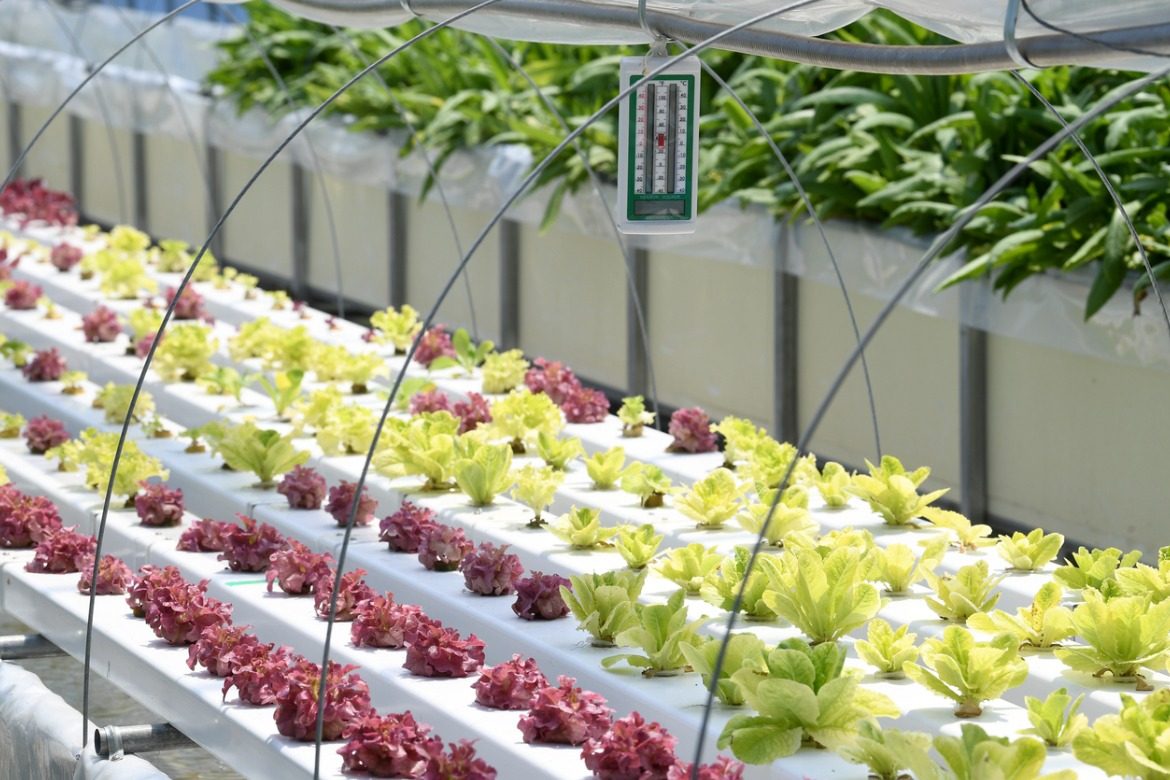- Consumer mega-trends (e.g. plant-based) are driving a major change in the food industry
- Large corporates are responding to the trends and small companies/startups challenges by trying to marry “the small and the big” -> building capacity to innovate small/fast/ with agility while leveraging their historical infrastructures to bring fast to scale successful innovations
For many decades, the food industry has been focused on the mass production of safe, nutritious foods, which seemed logical when access to food was often scarce for many. However, in today’s globalised world, public expectations for food production have changed tremendously. Consumers across the world seek foods and beverages that meet all their needs. They desire foods that are not only safe and taste great but are also healthy and nutritious, new and fun, convenient, with ingredients that they recognise, and increasingly customised to their specific nutritional needs. Consumers also increasingly prefer foods from trusted, local sources and from companies that carry social values and a clear engagement towards sustainable solutions.
Consumer Appetites Reshaping the Food Industry
One of the mega-trends capturing today’s consumers’ demands is the seemingly never-ending appetite for plant-based innovations. Plant-based foods have always been an essential part of diets across many countries, cultures and religions. But today’s plant-based products are reaching new territories, replacing meats, seafood, dairy products, and eggs. They are becoming a part of the natural foods and drinks landscape rather than a short-term trend, with a market growing at about 30% each year, nearly twice the rate of the overall food and beverage market. The alternative meat sector for example accounted for about 1% of the global US$ 1.4 trillion meat industry in 2019 and is expected to rise to 10% by the end of the decade, to an estimated total of US$ 140 billion. Also, while most of the initial innovations focused on Western-style foods, Asia is likely to drive much of that growth with demands for Asian-style offerings catering to the Asian palates.
The plant-based consumer mega-trend is contributing to the destabilisation and reshaping of the food industry. Large food companies are required to capture fast-moving consumer trends and introduce new innovations at a fast pace. They have been historically organised (in terms of operational, industrial or commercial ways of working) to produce large volumes of a relatively narrow spectrum of products, but current trends tend to demand more diverse and innovative productions in smaller volumes.
On the other hand, small companies, in particular food-tech startups, are perfectly equipped to seize opportunities emanating from the plant-based consumer trend. Recent years have seen an explosion of new companies and innovations in this field (Beyond Meat or Oatly being famous examples) supported by dynamic investments.
However, food-tech startups have their limits as well. They have to rely on capturing investments (from venture funds or large corporations, for example) to grow to a sizable dimension. In competitive environments for adequate funding, the road to sustainable success could be challenging.
In a move to embrace these different challenges, food companies aim to combine the best of both worlds: the agility of “the small” and the capacity of “the big” enterprises to rapidly bring together successful innovations of young companies thanks to the established assets of the older, larger ones.
South Korea: A New Blue Ocean for Foodtech Startups
While Western companies were probably the first affected by this evolution (with the most successful food techs being founded a decade ago in the United States), Asian players are inevitably facing the same challenges and the urge to evolve in the intertwined food ecosystem in their own ways. Amongst the Asian food ecosystem landscapes, South Korea presents an interesting case. It only took 60 years for the Land of the Morning Calm to emerge from extreme poverty and a completely annihilated food system, to become a major economic power.
Until recently, one consequence of South Korea’s economic recovery and growth has been a food innovation sector dominated by large, domestic companies. But South Korea is changing in the same way as other parts of the world. Food tech start-ups are emerging, driven by ambitious local entrepreneurs and the country sees a rising appetite for investments in the food sector. The country is relatively slow in terms of transformation and is seeking solutions to become more global. This context represents a fantastic opportunity for foreign innovation players to be involved. The latest innovations and new approaches of foreign players will certainly boost the globalisation journey of Korean companies in the food sector and benefit those pioneering foreign players in expanding their Asian markets.
All in all, the result of this competitive emulation within the food industry worldwide has been the birth of a large portfolio of innovative plant-based productions for the benefit of consumers. These innovations fit consumers’ demands for healthier, more nutritious, tasty and sustainable foods and drinks. Whilst not so long ago the food industry was seen as a “boring” field, it has become an exciting area in the eyes of consumers, full of tech-savvy turns and soaring investments. Certainly, with cultured meats, AI or personalisation solutions, ESG efforts and much more yet to come, we have not seen the end of this excitement for food. South Korea will definitely play a prominent role as an innovative front-runner for startups in the sector.






NO COMMENT